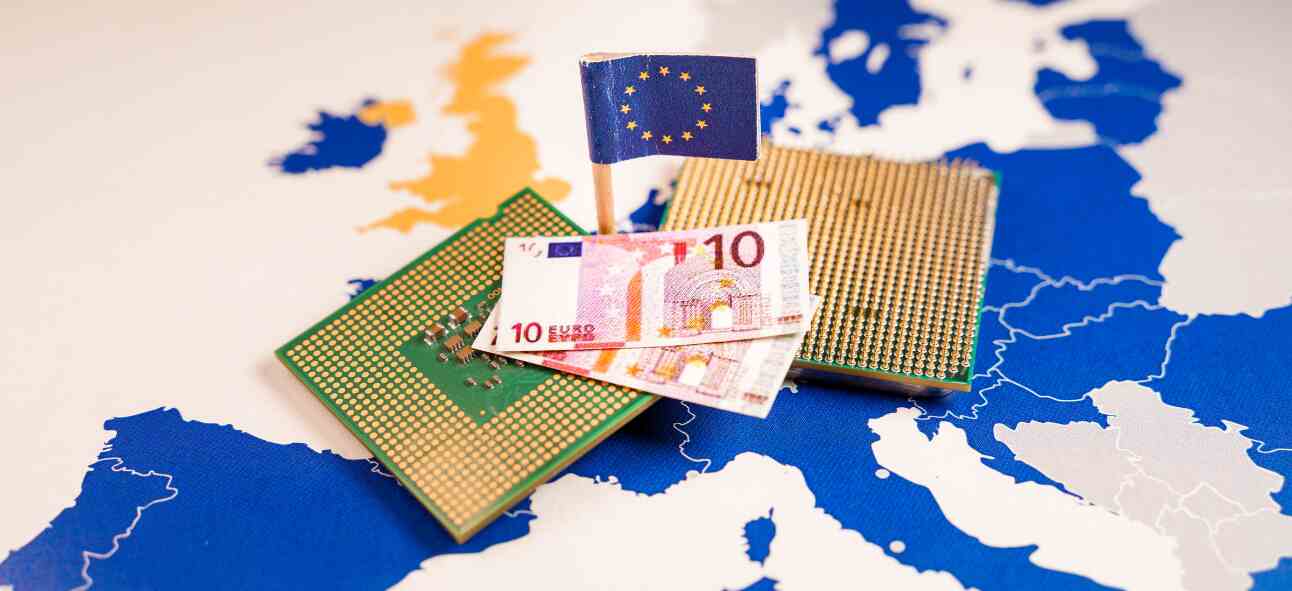Explore the transformative potential of ISO 20022 payment standard, revolutionizing payment standards and driving digital innovation. Unlock efficiency and collaboration in your payment infrastructure with this universal standard.
When change is constant and innovation is crucial, embracing transformational leadership isn’t just a strategy – it’s a commitment to ensuring future success and continuous growth. It’s a call to leaders to rise above the ordinary and set a course for unparalleled success. As leaders, we have the power to shape destinies, redefine industries, and leave a lasting mark on the legacy of leadership excellence.
In a world where large corporations dominate, efficient supply chains are crucial to success. Industry leaders are constantly pushing the boundaries of innovation to streamline their operations and revolutionize how goods are produced, distributed, and delivered. Blockchain technology has emerged as a game-changer and is capturing the attention of the world’s top enterprises, inspiring them […]
In the rapidly changing world of digital transactions, success lies not only in adapting to change but also in leading it. Novalnet, a fintech company based in Germany, has become a global leader in this field by transforming the way businesses handle payments. As the Chief Marketing Officer of Novalnet, I’m thrilled to introduce a series of thought-provoking articles that explore the company’s core values, technological advances, and its impact on shaping the future of payments.
Get ready to explore the future of online payments in 2024! We’re taking a deep dive into how things are changing. From making online shopping smoother for customers to keeping things super secure, we’ll guide you through it all. Join us as we break down the rules and show you the exciting world of online payments. Our experts will help you understand the latest trends in how businesses buy and sell online. Let’s make sense of this digital future together!
E-commerce businesses need to adapt to keep pace in a growing digital economy. They also need to be in sync with the needs and preferences of today’s customers. Brand leaders have to “think global” in their payment strategy in order to capture market share and win new customers. The Global Nature of E-commerce E-commerce is […]
SaaS businesses are growing rapidly, fuelling the need for smoother payments SaaS is the way to go in future. 80% of businesses plan to use all SaaS products by 2025, and spending is projected to go up by 44%, data from DevSquad shows. Much of this is because of its low barrier to entry, accessibility […]
Instant cross-border payments are desired by all – from enterprises to fintech companies to governments. Find out how innovation and optimisation is changing cross-border payments and trade.
Online retail is growing rapidly across the world. More people are buying directly from brands, and seem likely to continue doing so. This means brands must connect with customers through smooth and secure shopping experiences to enhance brand value and keep them coming back for more.
Authentication is a key part of online payment processing. An authentication process confirms the identity of the one who initiates a payment. It prevents fraud and identity theft and ensures the end-to-end safety of payments. In this blog, learn how payment authentication works and which method is best for your business.
The European Commission recently introduced new legislation on the digital euro. The putative currency, which will “complement and not replace” the physical euro, could come into use by 2026. The digital euro is the digital version of the euro. It would exist alongside the euro as an additional form of online or electronic payment. But what will this mean for payments and will it impact your business?
A bad customer experience can turn away buyers and impact your brand reputation. Business owners, therefore, have a strong need to create a seamless experience that delights shoppers. But what role does your payment gateway play in this? Find out more in this article.





















